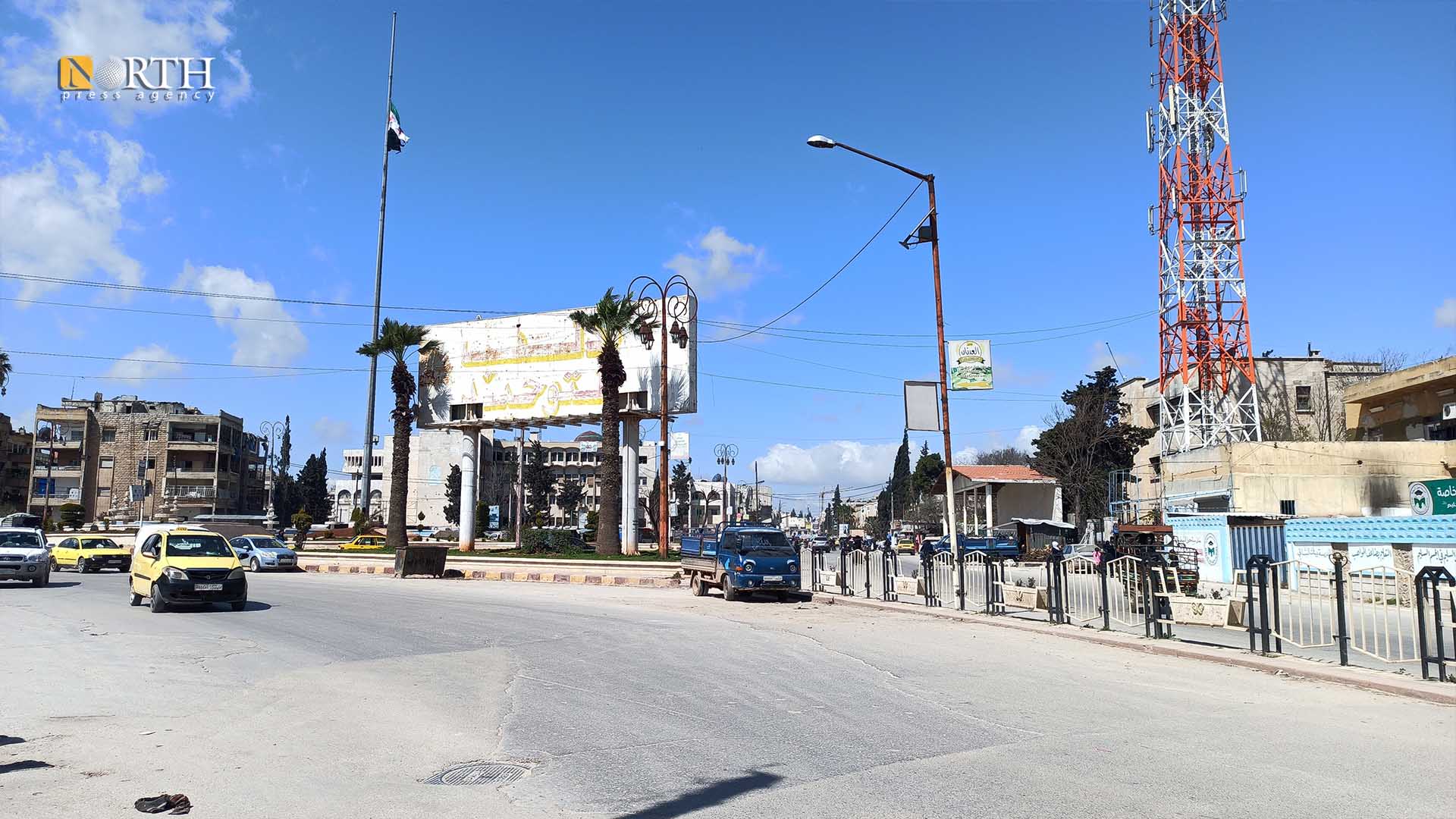Sources close to the Syrian regime revealed the arrival of a delegation of Turkish intelligence to Damascus on Saturday. Al-Modon learned that negotiations between the two parties are currently focused on the issue of the return of Syrian refugees from Turkey, in addition to combating the Kurdistan Workers’ Party (PKK).
While no official source on both sides confirmed the information about the meeting, a source close to the Turkish government said that meetings at the level of technical officials from Syrian and Turkish intelligence are continuing in any case, and their frequency increased after the first public meeting between officials of the security services hosted by Damascus in September 2022.
The source, who indicated that he had no information about the arrival of a delegation from the Turkish intelligence to the Syrian capital on Sunday, said that the most important thing is the content of this type of meeting. The source stressed that they demonstrate progress in cooperation between the two sides.
Regarding the nature of this cooperation with regard to the return of refugees from Turkey, especially since Ankara does not deport Syrians to regime-controlled areas so far, the source revealed that there is a Turkish plan to return some of them through the border crossings controlled by the regime, specifically the Kasab crossing.
The source mentioned that among the key concerns for the technical delegations from the intelligence agencies of both countries is ensuring the safety of the returning refugees. This includes verifying that they are not wanted by any security forces, dismissing any charges against them as long as they are not criminals before allowing them to return to Syrian territory.
Opposition areas are not enough
The source added: “This trend came after the Turkish decision-maker was convinced that the opposition-controlled border strip could not accommodate the number that Ankara plans to return to Syria. Estimates indicate the possibility of the return of between 250,000 to 500,000 Syrian refugees to regime-controlled areas. This will also help to remove the charge of contributing to demographic change from this plan through the return of this section to their place of residence from which they were displaced.”
The source also mentioned that there are ongoing discussions about the return of Syrian refugees to areas outside of government control. These discussions include ensuring the safety and security of these areas, making sure that the returning refugees will not be targeted, and verify that none of them have ties to terrorist organizations.
Violation of human rights
However, many Syrian human rights defenders and politicians believe that such plans will not be feasible, given the international community’s refusal to return Syrian refugees to their country before a political solution is achieved. This comes despite the Turkish authorities deporting hundreds of them every month.
Lawyer Ayman Abu Hashem stressed that forcing refugees to return to their country in light of the continuing circumstances that prompted them to flee from it is legally a violation of the “principle of non-refoulment” contained in international humanitarian law.
He added: “All opinion polls, as well as data, confirm that Syrian refugees in Turkey do not want to return to Syria at the present time because of the potential risks that await them at the hands of the regime, and therefore the return will be forced and illegal. If Turkey insists on applying it, it will be a precedent in the world and a legal and political scandal.”
This article was translated and edited by The Syrian Observer. The Syrian Observer has not verified the content of this story. Responsibility for the information and views set out in this article lies entirely with the author.


